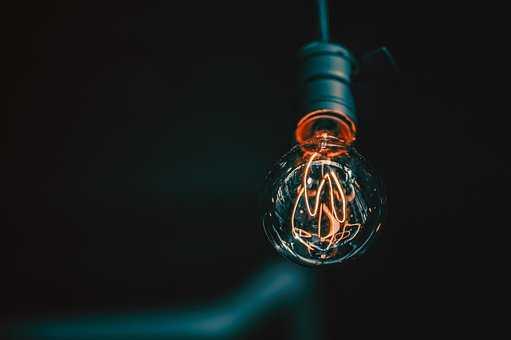Remove Biases From Your Decision-Making Process
Curated from: entrepreneur.com
Ideas, facts & insights covering these topics:
8 ideas
·6.99K reads
38
1
Explore the World's Best Ideas
Join today and uncover 100+ curated journeys from 50+ topics. Unlock access to our mobile app with extensive features.
Know and conquer your enemy
Our brain relies on cognitive biases over clear evidence. Cognitive bias is the tendency to make poor judgments in a consistent pattern. Our unconscious biases are often so strong that they lead us to act in ways that are inconsistent with reason, our values, and beliefs.
Paying careful attention is the best way to beat these biases. It can only be done if you know the different types of cognitive biases that can influence your thinking.
393
1.16K reads
Common cognitive biases
- The Dunning-Kruger Effect: You believe that you're smarter or more skilled than you are, which prevents you from admitting your limitations and weaknesses.
- Confirmation Bias: When you welcome information that you agree with while disregarding evidence that doesn't suit you — even if it's accurate.
- Self-Serving Bias: When you blame external forces when things are bad, but credit yourself when it's good.
- Optimism Bias: You believe you are more successful than others and won't experience any misfortune.
- Availability Heuristic: You believe that whatever comes to your mind quickly is the right decision.
- Attentional Bias: You only focus on some points while ignoring other aspects.
- False Consensus Effect: When you overestimate how much others will agree with you.
- Misinformation Effect: Your memory has been interfered with, changing how you recall past events.
536
1.08K reads
Master self-care and self-awareness
Hungry, Angry, Lonely, Tired.
This acronym can be used by anyone to help you master self-care and self-awareness. It encourages you to pause and ask how you're feeling. Feeling hungry, angry, lonely, or tired makes you more vulnerable to self-destructive behaviors.
498
1.21K reads
The SPADE toolkit
Use the SPADE framework, developed by Gokul Rajaram, when you face difficulty in decision making:
- S is for Setting: Define the “what,” calendar a timeframe, and clarify the “why.”
- P is for People: Identify the people who should consult (give input), approve, and a single person responsible for the task.
- A is for Alternative: As the decision-maker, it’s your responsibility to find feasible and diverse alternatives. Gather critical stakeholders and brainstorm possible alternatives.
- D is for Decide: Here is when you can solicit feedback from others and have them vote on the best course of action. Keep this private by using tools like email. You could also use anonymous polls.
- E is for Explain: The final step is to explain the decision via a committee meeting.
419
779 reads
Consider the opposite
Consider what would happen if you moved in the opposite direction to your choice.
Collect data to support this opposite view and compare it to the data used to support your original decision. Then reevaluate your decision based on the bigger data set.
369
676 reads
The valuable vs the worthless
Irrelevant information can influence our decision making.
A study asked participants to pick one of three plans.
- $59 a year for an online-only subscription
- $125 a year for print only
- $125 a year for print and online
16% chose the first option, and the remaining 84% the last option. But when the middle option was removed, 68% chose the cheapest option.
376
766 reads
Seek multiple perspectives
One easy and effective way to remove any bias from your decision-making is to ask advice or feedback from others.
People whom you trust will give honest and constructive criticism and point out any blind spots while offering a different point of view.
352
632 reads
Reflect on the past
Take some time out and consider similar past scenarios.
- How did you make that decision?
- What obstacles did you have?
- How did you overcome them?
- What was the outcome?
- What did you learn?
Reflecting on the answers can help guide you in making a good decision.
383
685 reads
IDEAS CURATED BY
Colton F.'s ideas are part of this journey:
Learn more about problemsolving with this collection
How to manage workplace stress
How to prioritize and make better decisions
How to learn anything fast
Related collections
Similar ideas
2 ideas
6 Common Decision-Making Blunders That Could Kill Your Business
entrepreneur.com
5 ideas
3 ideas
Read & Learn
20x Faster
without
deepstash
with
deepstash
with
deepstash
Personalized microlearning
—
100+ Learning Journeys
—
Access to 200,000+ ideas
—
Access to the mobile app
—
Unlimited idea saving
—
—
Unlimited history
—
—
Unlimited listening to ideas
—
—
Downloading & offline access
—
—
Supercharge your mind with one idea per day
Enter your email and spend 1 minute every day to learn something new.
I agree to receive email updates

